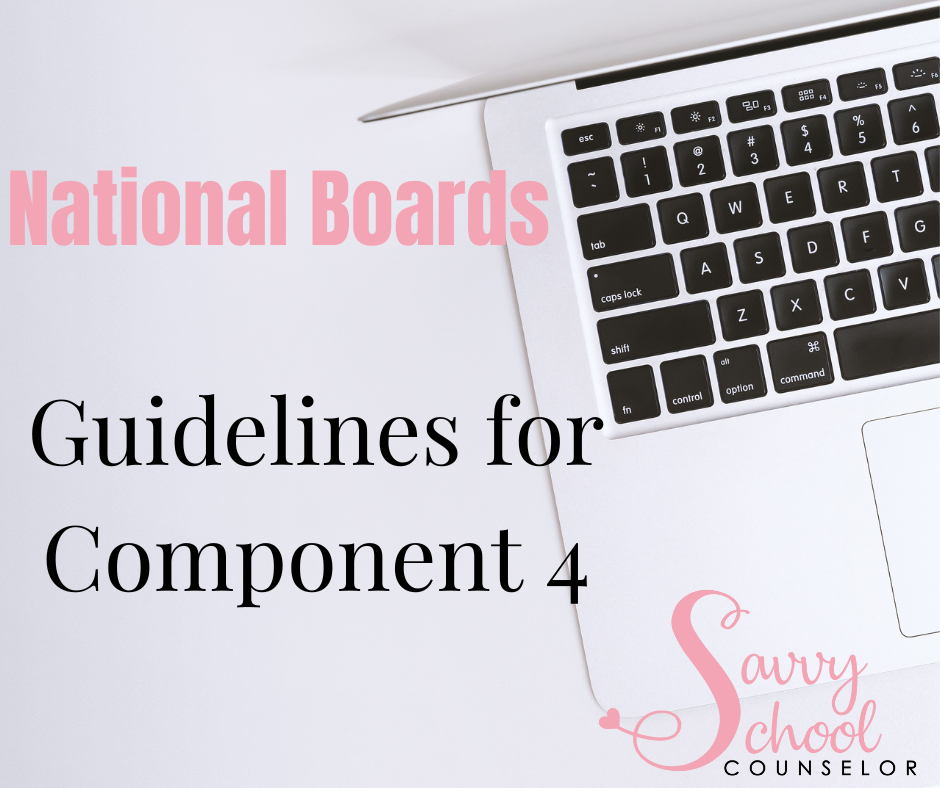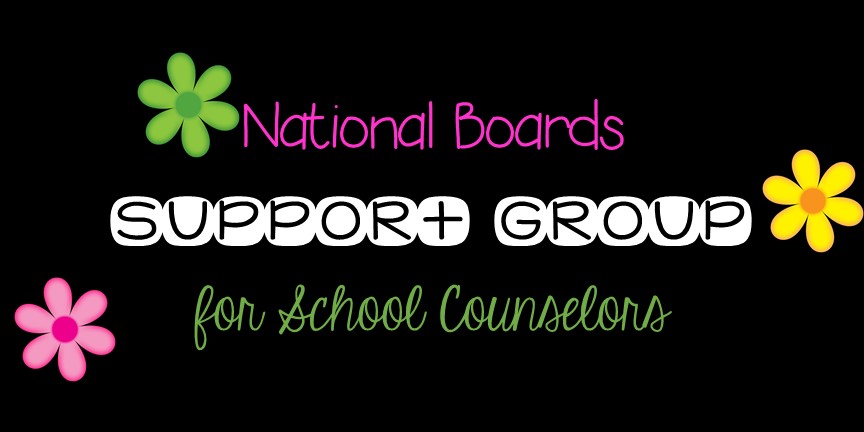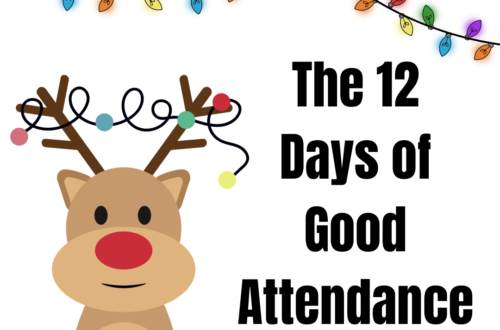
National Boards: Guidelines for Component 4
Component 4 requires candidates to demonstrate how they develop knowledge of their students and apply that knowledge to advance their students’ learning and growth. If I had to start over with these updated posts for National Boards, I would do this post first. Component 4 is A LOT to think through. I also think it would be a good idea as a candidate to start with this component first in the process.
One thing that is important to know at the beginning is how to choose your group for Component 4. The portfolio instructions state: “Choose an entire class or other group of your students for which you will develop a profile or description. For School Counseling, this may be a whole class or program you lead, a group of students with a similar need, or another configuration appropriate for your professional
situation.“
Also, if you use a whole class for Component 4, it’s perfectly fine for it to be the same class you used in another component. It can even be the same topic focus, but it must be a completely different lesson.
As stated in the portfolio instructions: “The evidence submitted for Component 2 and Component 4 and one of the two video recordings submitted for Component 3 may be from the same unit of instruction, but must be from different lessons that have unique lesson goals and objectives—even if all evidence is drawn from a single instructional setting or class.” So, for some, planning around a particular class for separate components is an option if that works for you. Your components must represent a variety of evidence.
Component 4 Requirements
One of the first things you’ll want to do is complete a description/profile for your group of students because all the information you gather will help lead you to the unit you end up teaching. Again, Component 4 is all about you using your knowledge of students to impact and advance their growth and learning. Although you may gather lots and lots of information, you won’t end up using all of it.
Gather all of the information: Collaborate with all of the adults who work with your students to figure out the needs (parents or caregivers, teachers, administrators, specialists, coaches, SPED teachers, ESL teachers, AIG teachers, School Social Workers, School Psychologists, etc.) and use at least two. Look at their attendance, assessments, and testing data, and you can even look at their extra-curricular activities. You can use accumulated knowledge from the current year and/or the previous year.
You will also provide evidence of your use of two assessments: formative and summative. Let your formative assessment drive your instruction. You’ll need to provide “examples of the use of self-assessment by 3 different students as part of the assessment process…” for the formative assessment only. Release forms will need to be collected from the students whose work you use. One additional thing I want to mention regarding assessments: I suggest you create your own assessments for this unit instead of using those found in books or created by others.
Part of what you’ll complete for Component 4 is “Generation and Use of Assessment Data.” Creating your own will allow you to share the actual assessment with your assessor which will give him or her a clear picture of where the data came from. If you use something published or purchased, you may not submit a copy in your portfolio due to copyright. You will only be able to provide a description of it along with its purpose.
Again, you won’t use all of the information you gather for Component 4. When it’s time to complete the description of your group, you’ll only want to include the information that actually correlates with the unit you will eventually teach.
You will also need to show evidence of your participation in learning communities and how your involvement connects with student learning and your program. This learning can occur up to 24 months preceding the current school year. You must provide evidence of the impact of this learning during the current school year.
Let’s use school attendance as an example. If I meet monthly with student support services to discuss and unpack data about student attendance, this would be considered a learning community. I can reflect on the data I’ve learned about a particular group of students that my team has followed since last school year and even the year prior. I would use that information along with our current data to determine my plan for working with my group of students THIS school year.
Component 4 includes a written commentary that may consist of no more than 12 pages. In any written commentary, always remember to answer all questions as a stand-alone response. If you answer one question and then later read another that requires you to pretty much say the same thing you already said before…just say it again. You won’t be penalized for repeating information, but you will be penalized for not completely answering a question.
As I said in the beginning, there is A LOT to unpack in Component 4. This post scratches the surface. As with each component, be sure to read the guidelines carefully and follow each direction as given. If you don’t, part of your component will not be scored, and that will not end well.
This component reminds me a lot of the renewal process. As I’ve said before, be sure to use the Level 4 Rubric as your guide providing clear, consistent, and convincing evidence of your work.
If you are not already on the National Boards email list, be sure to sign up. Once you do, you will receive an email with a link to a survey. I am using the survey to direct my future National Boards content where possible.
Also, be sure to join the National Boards Support for School Counselors Facebook Group.

Stick around! You can follow Savvy School Counselor with free email updates. You can also follow my TpT Store to keep up with my latest products and freebies. Additionally, I do giveaways through My Facebook Page with my new products. Be sure to like Savvy School Counselor on Facebook and click to receive notifications so you don’t miss them!
Related Posts via Categories





